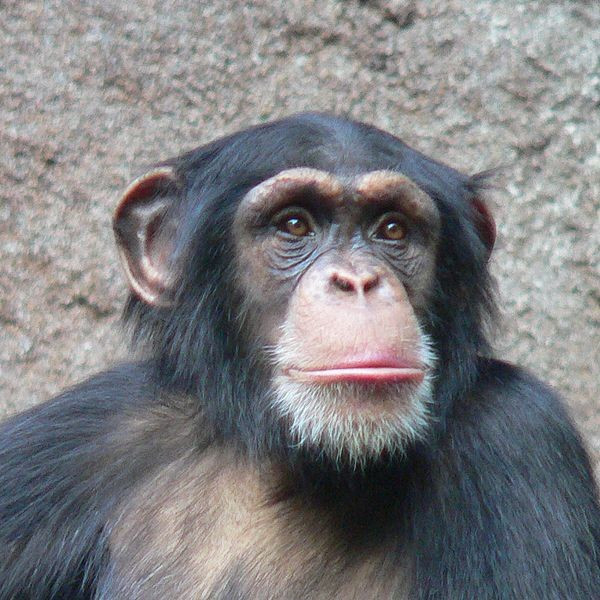Chimps have the brains needed to learn to cook food

Chimps have all the cognitive abilities of understanding, planning and waiting required for cooking food. They only lack the ability to produce and control fire, says a Harvard study.
Based on nine experiments conducted at the Tchimpounga Sanctuary in the Republic of Congo by developmental psychologist Felix Warneken and colleague from Harvard University, it was seen that given a choice, the chimps preferred cooked food and could comprehend that cooking is a process and are willing to wait for the food.
The chimps learnt to opt for the cooker and even wait for the food. They also understood enough not to put a piece of wood into the cooker but only food.
Alexandra Rosati, a Harvard evolutionary biologist and co-author of the new study says, "It requires patience, future-oriented cognition—it's tied up in how animals make decisions about time and value."
Resisting temptation is not easy for the chimps but they are still able to wait or carry out certain instructions to obtain the more delicious cooked food, the experiments showed.
And if chimps have the faculties for cooking, so did early humans, say evolutionary biologists. The transition from raw to cooked food spurred a dramatic increase in the brain capacity of human ancestors nearly two million years ago, leading to the emergence of our ancestor, Homo erectus.
With cooked food being easy to digest, the energy could be used in other activities, including that of the brain. Archaeological evidence suggests humans began using fire one million years ago.
The study is published in the journal Proceedings Of The Royal Academy B.
© Copyright IBTimes 2025. All rights reserved.





















